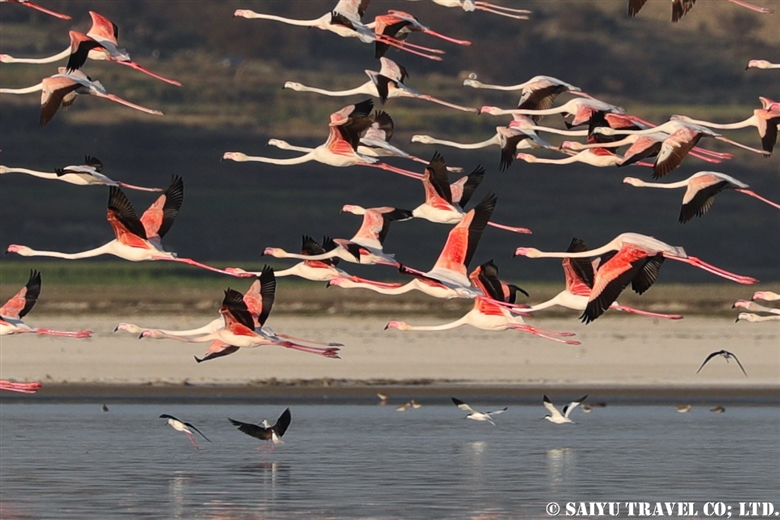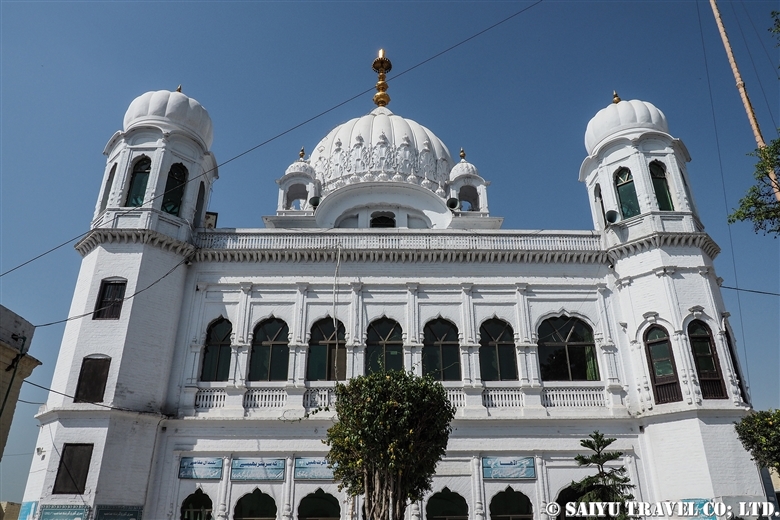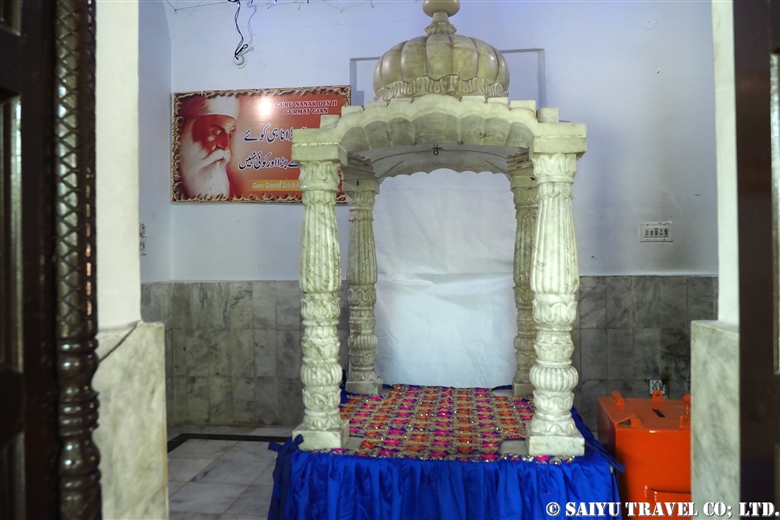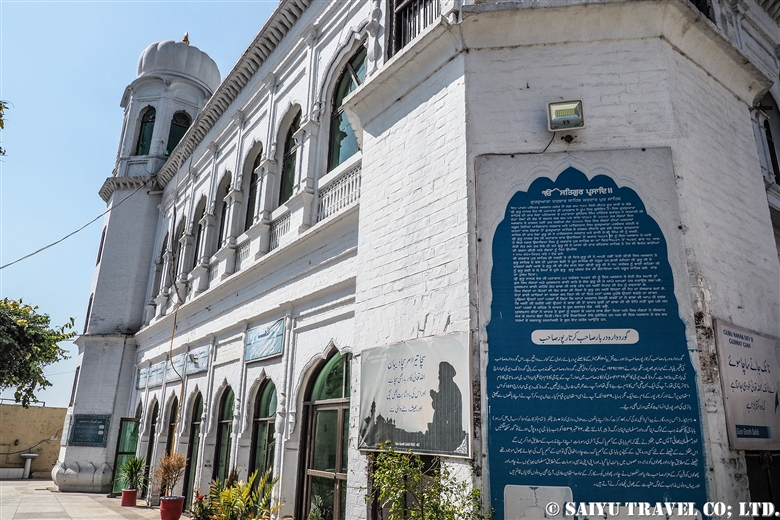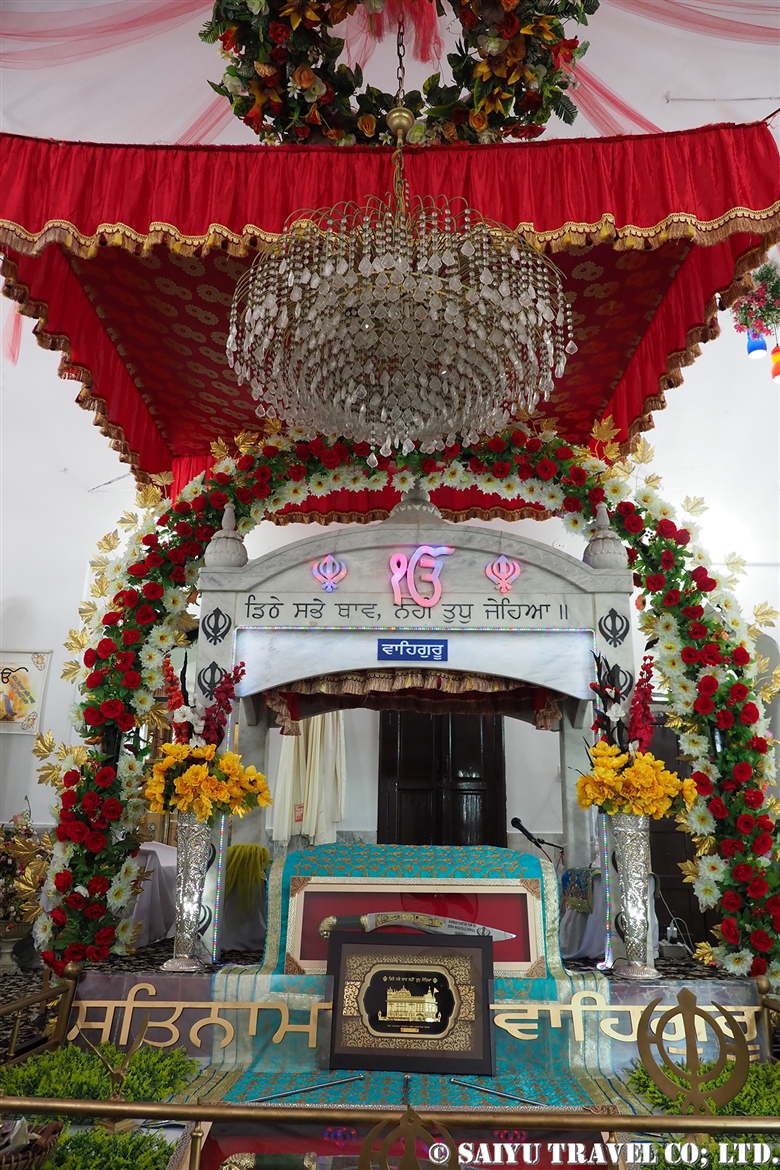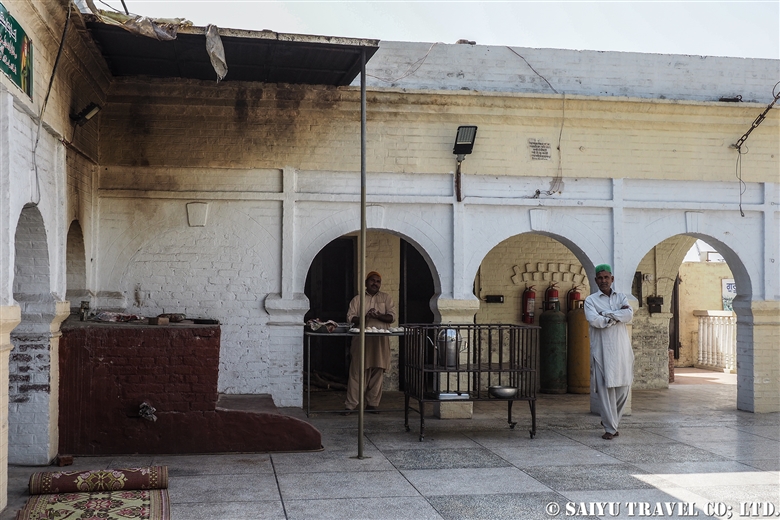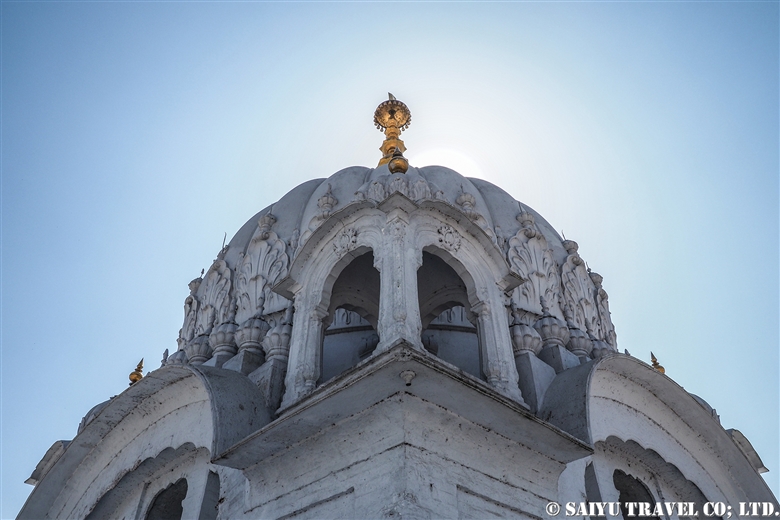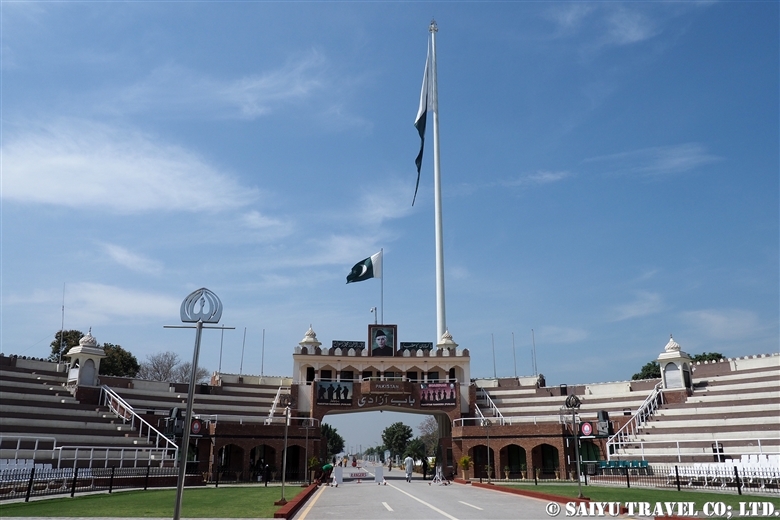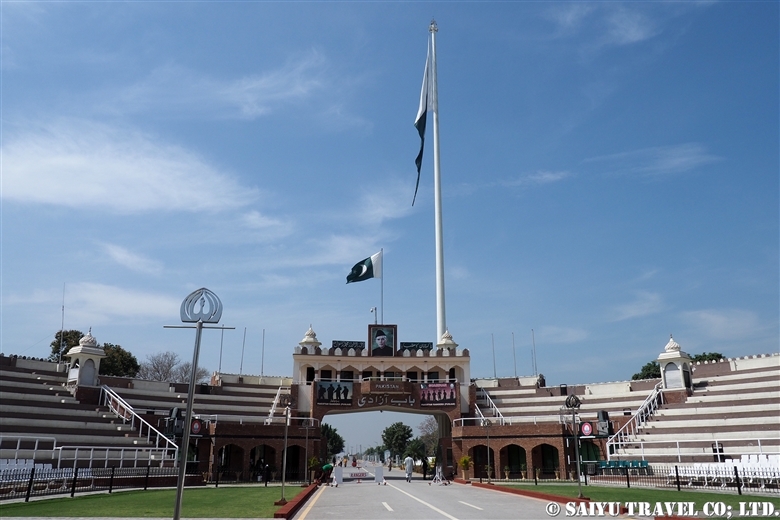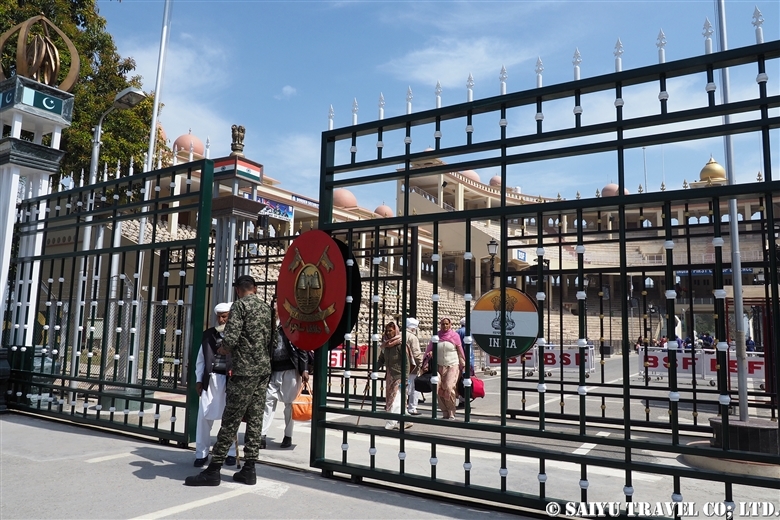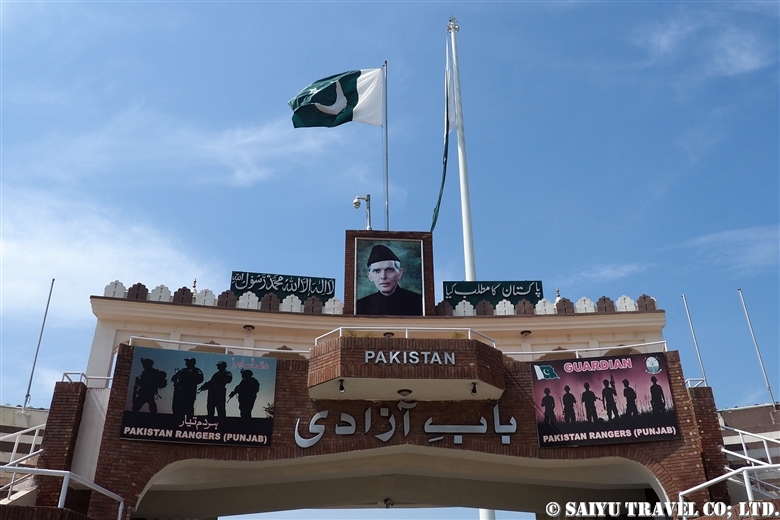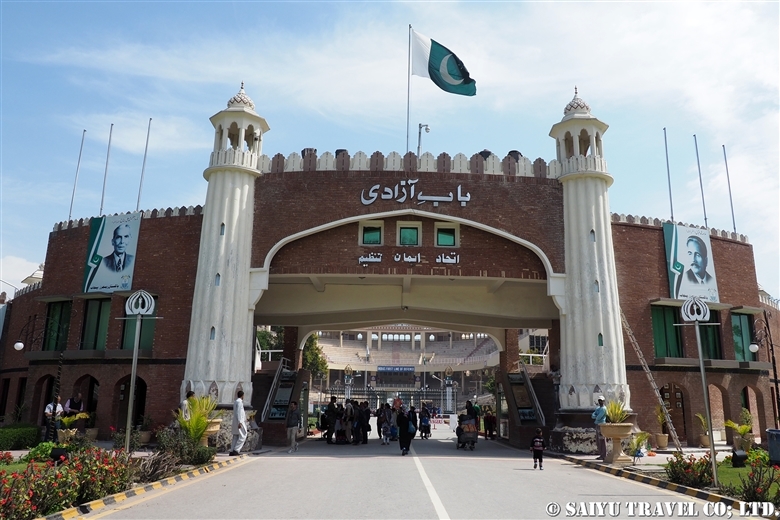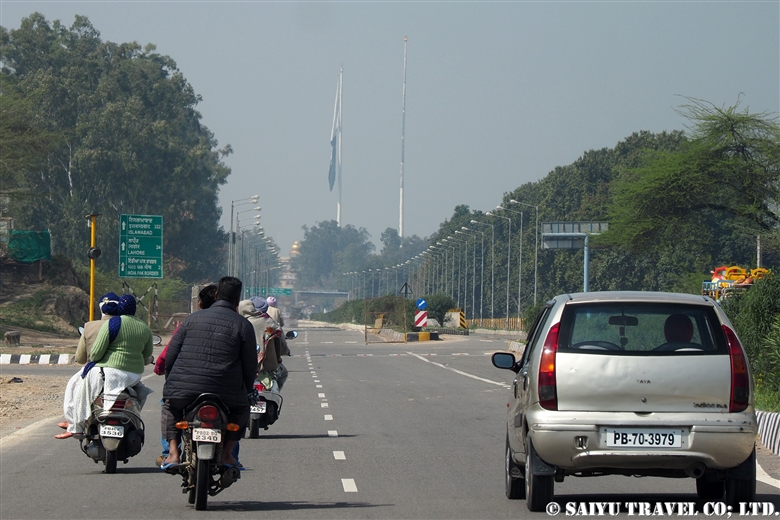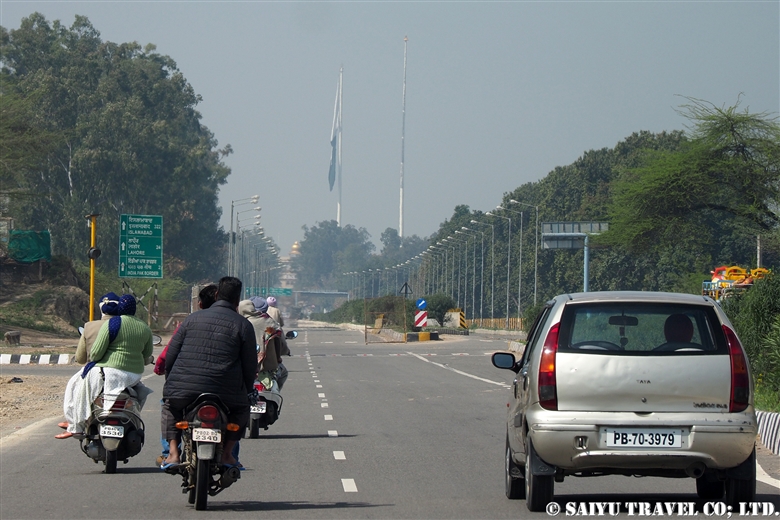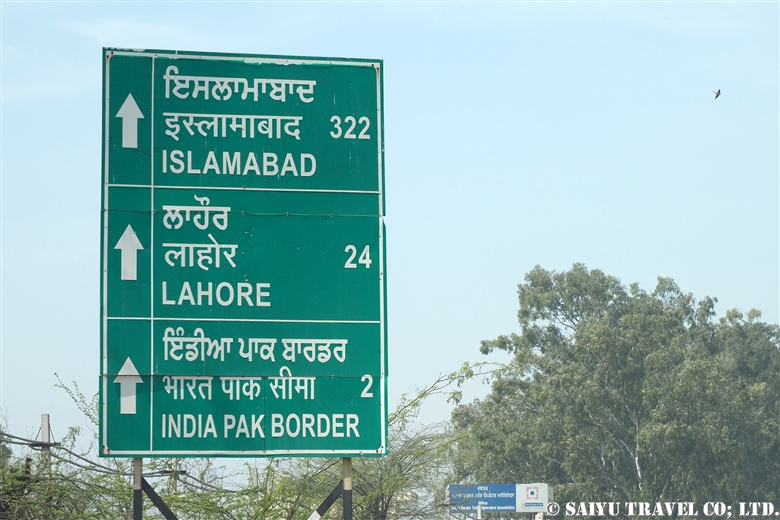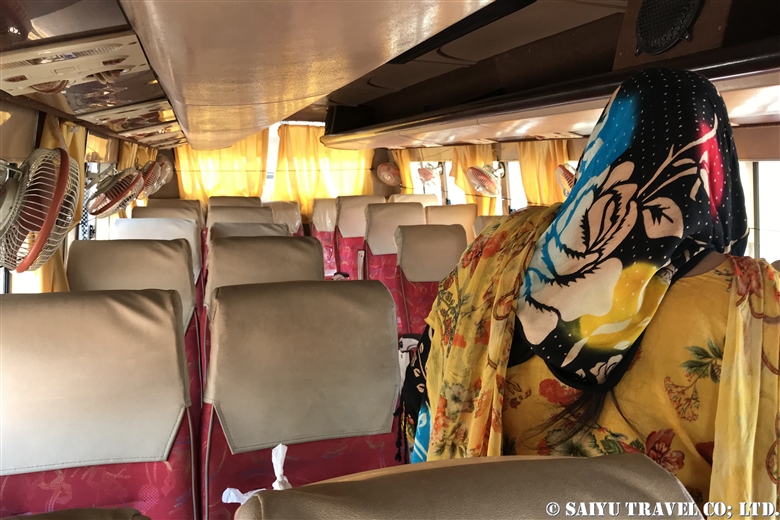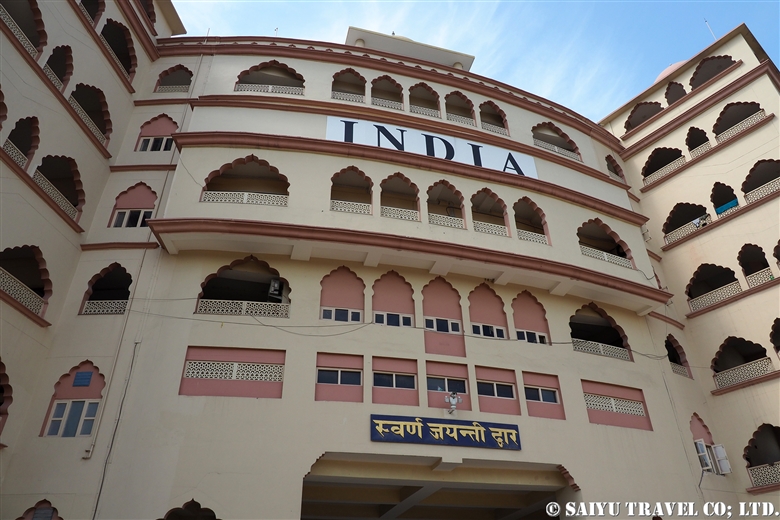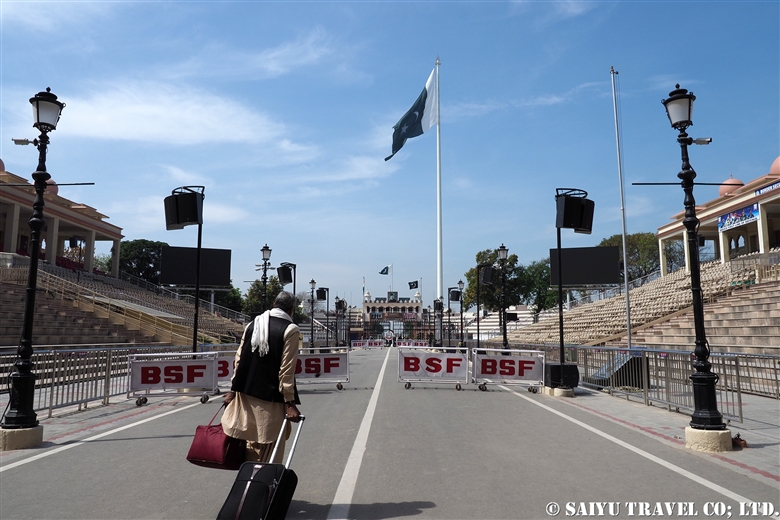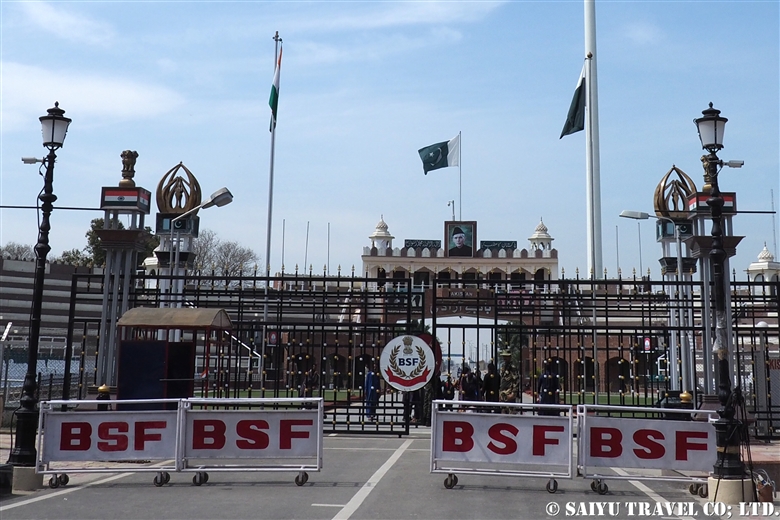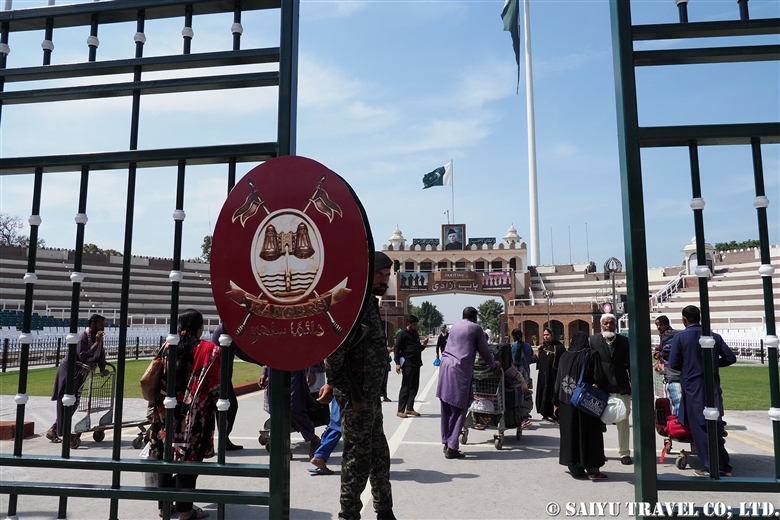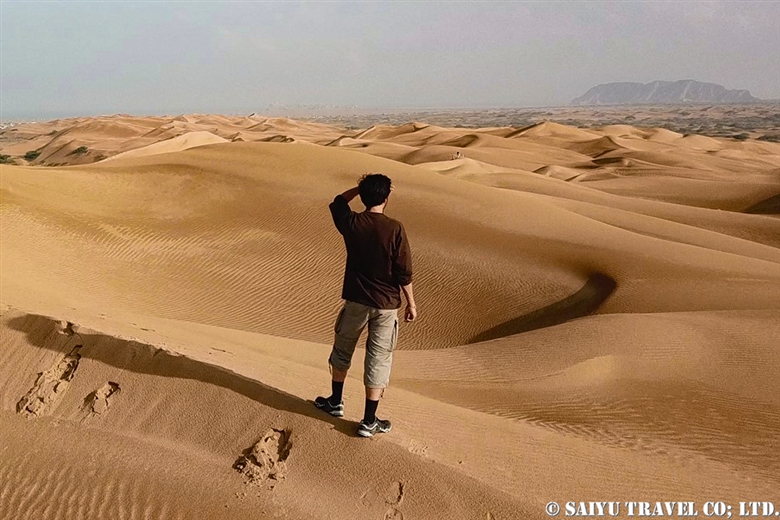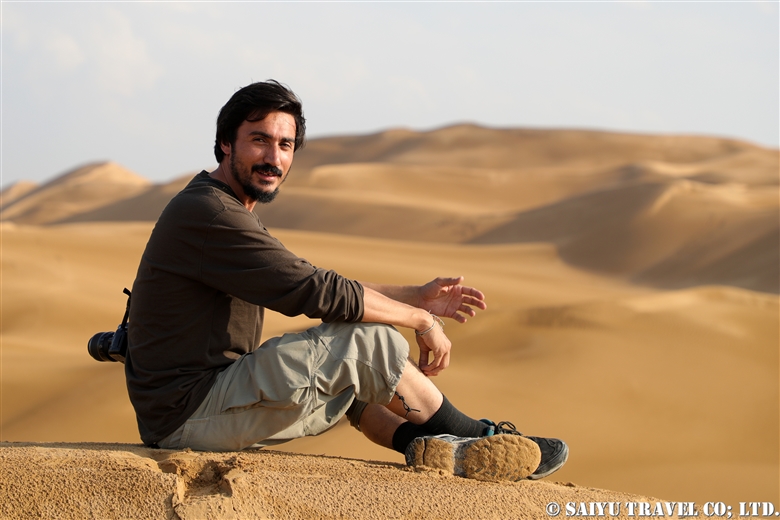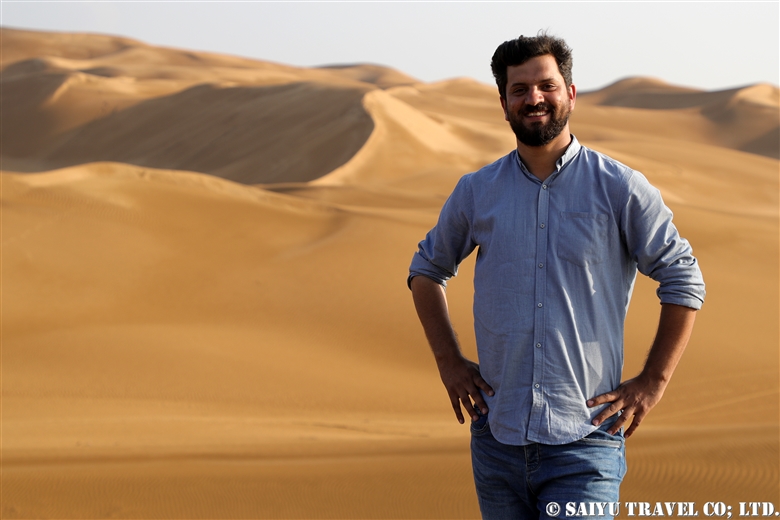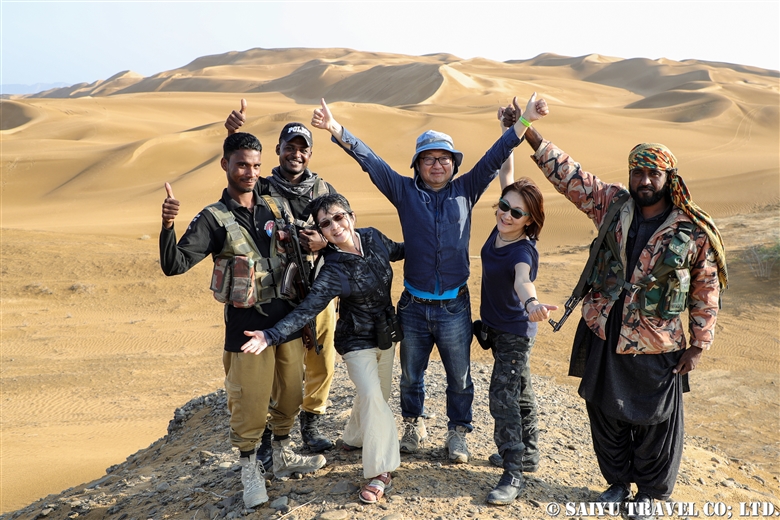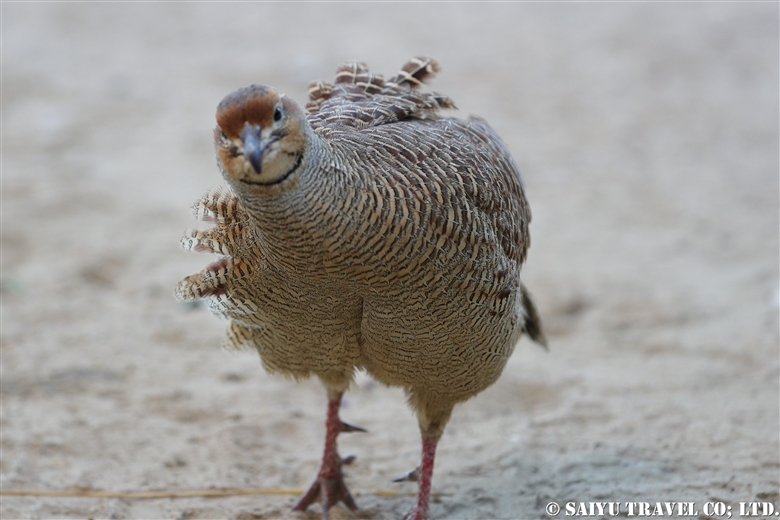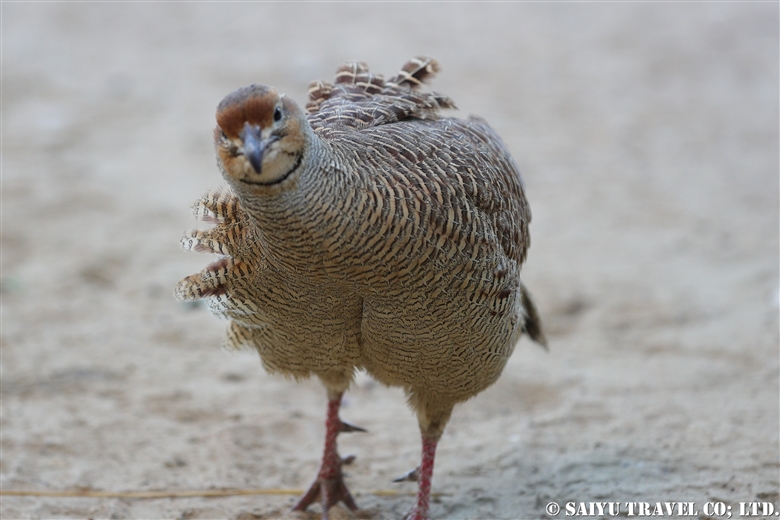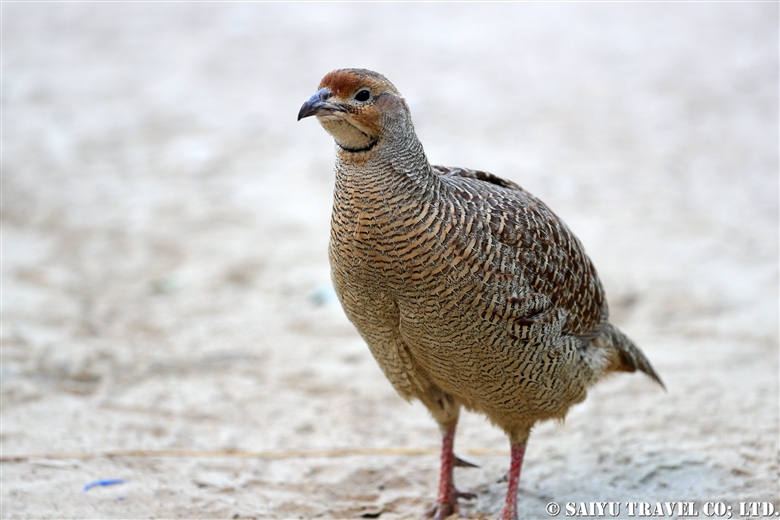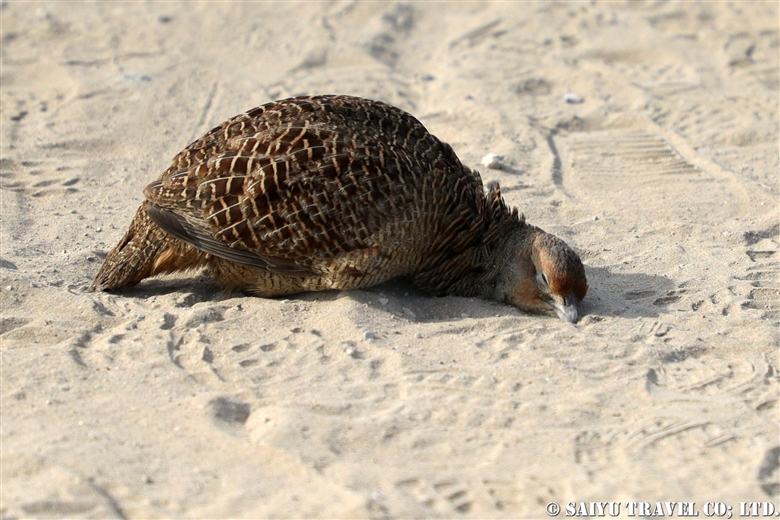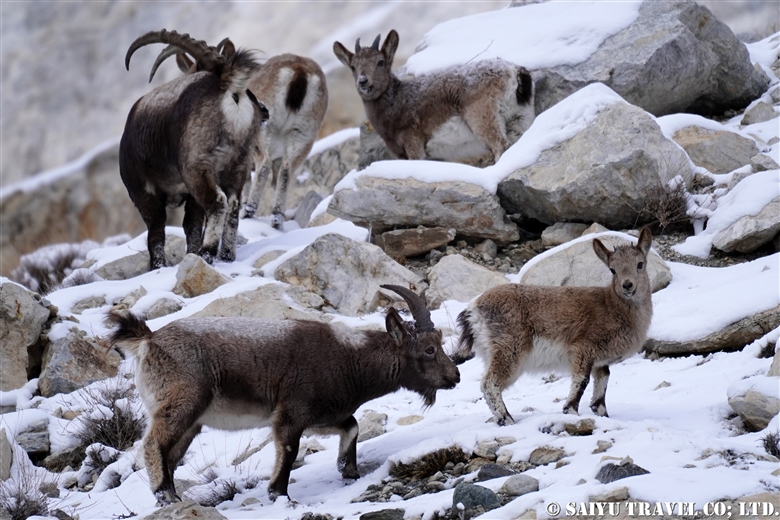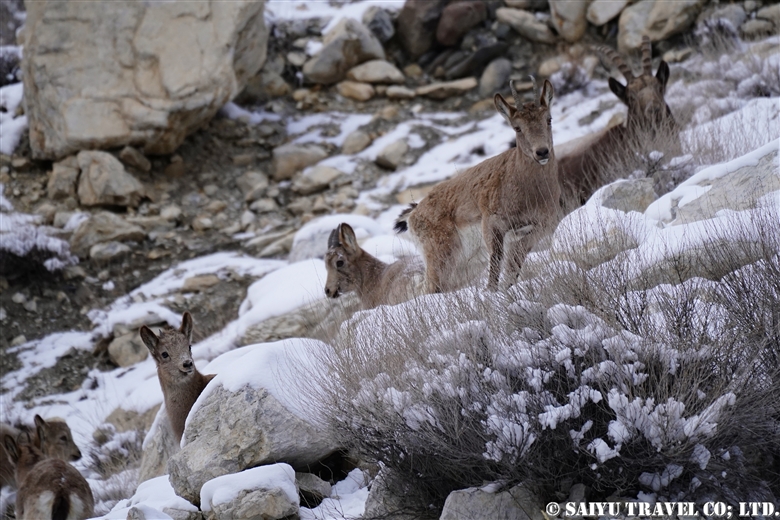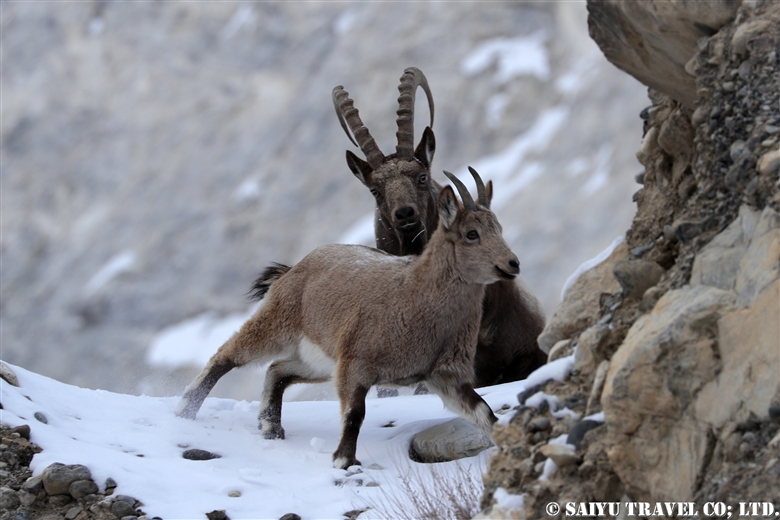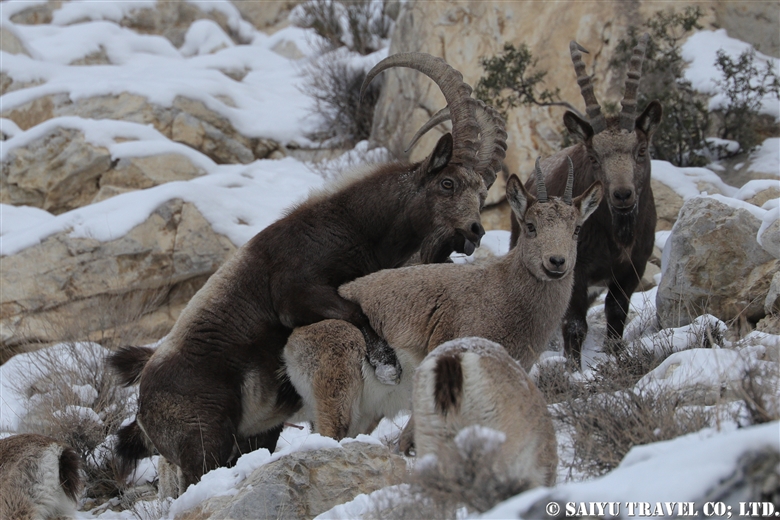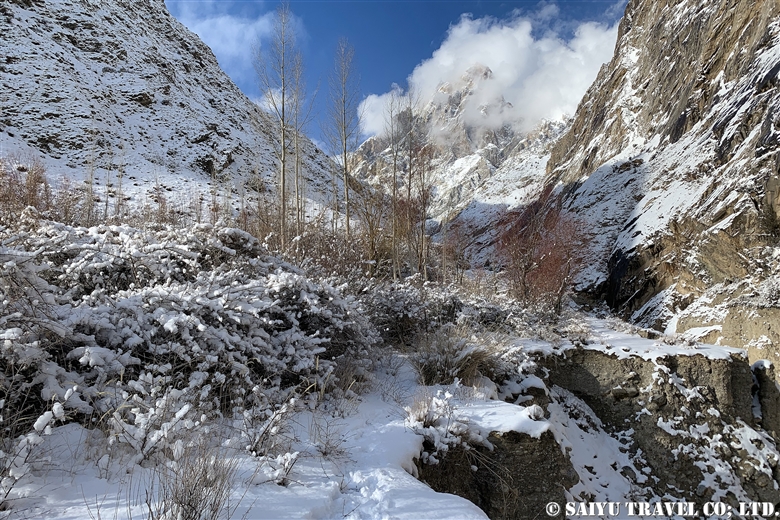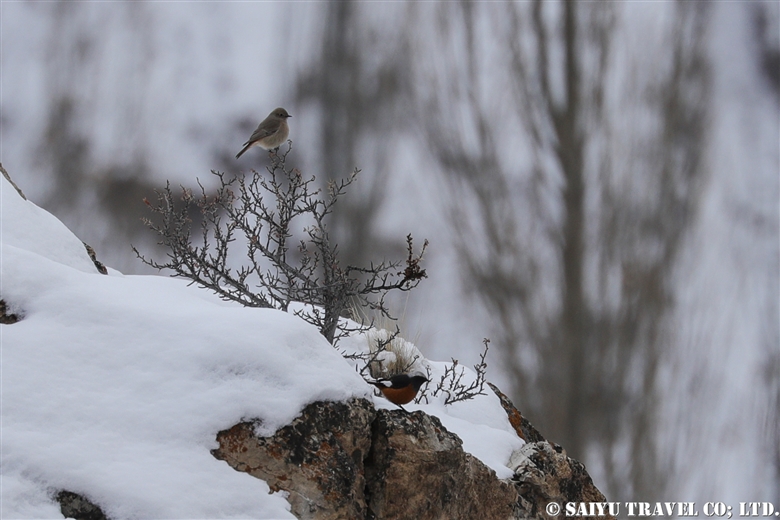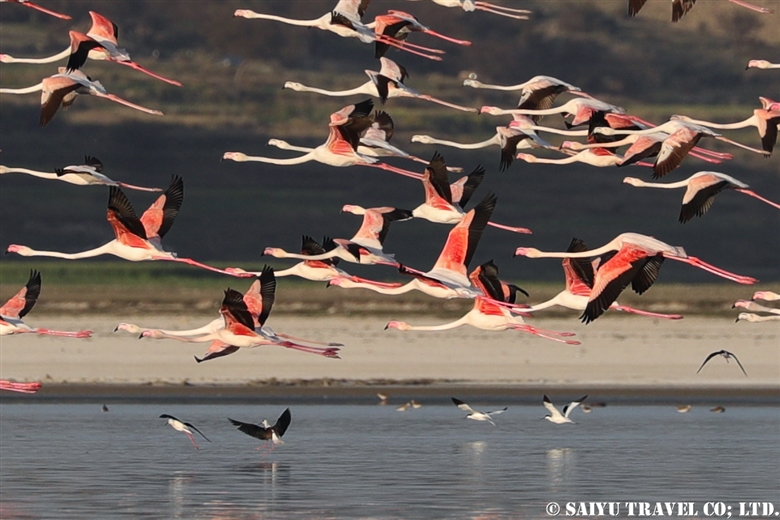
There are several lakes in Soon Valley located 150 km southeast of Islamabad, some of the famous lakes in this region serving as a habitat for birds are Kallar Kahar Lake, Khabeki Lake, and Uchhali Lake. Comparatively, Uchhali Lake is the best spot for migratory birds to spend winter season. It attracts migratory flamingos due to its salty blackish shallow water.
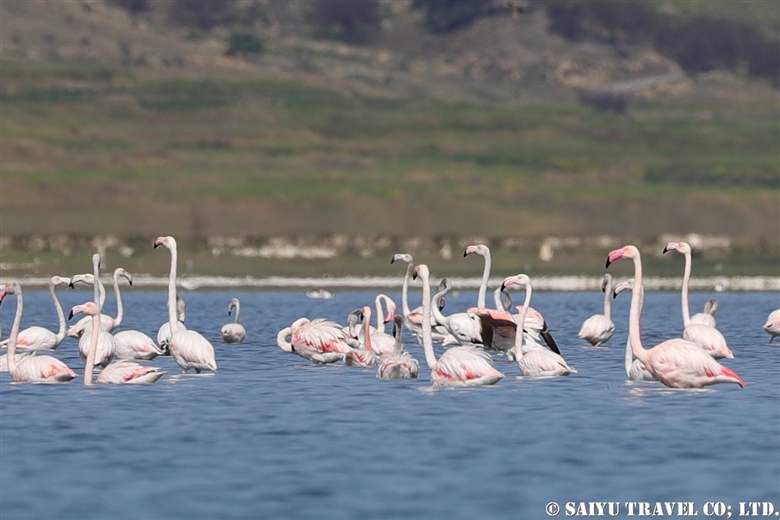
There were almost no ducks in late March when I visited, but there were more than 200 flamingos.
According to the locals, 20 to 40 birds have been observed so far, but such a large flock is the first time.
In 2016 no flamingos came to this lake, but since mid of 2018, more than 200 birds came and were still in Uchhali Lake.
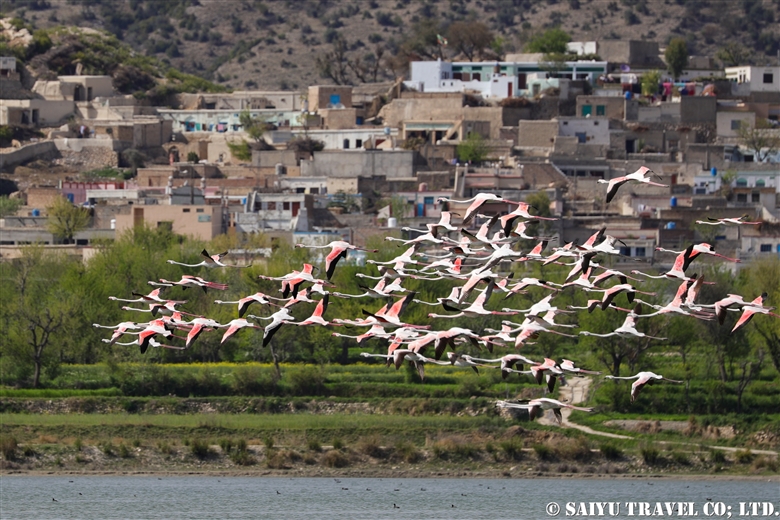
Greater flamingos flying over the village.
It is said that a Greater Flamingo has an irregular migratory pattern and the local people were also wondering that it has been staying at Uchhali Lake for about 11 months already.
I’m worried that if their habitat is lost due development, there might be nowhere for these flamingos to go…

Greater flamingos are the largest flamingos in the flamingo family at 120cm to 140 cm.
“The largest flamingo” colors Pakistan’s sky. It was an unexpected scene!
Photo: MARIKO Text: MARIKO & SAROSH
Observation: end of March 2019, Uchhali Lake, Soon Valley, Punjab
Reference: Birds of Pakistan, Birds of the Indian Subcontinents (Helm Field Guides)
Tag : Greater Flamingo , Saiyu Travel Pakistan , Pakistan Blog , Pakistan Travel company , Saiyah Travel , Pakistan tour operator , Soon Valley , Pakistan Photography Tour , Travel Pakistan Blog , Uchhali Lake , Wildlife of Pakistan , Indus Caravan , Bird watching in Pakistan , Birds of Pakistan





